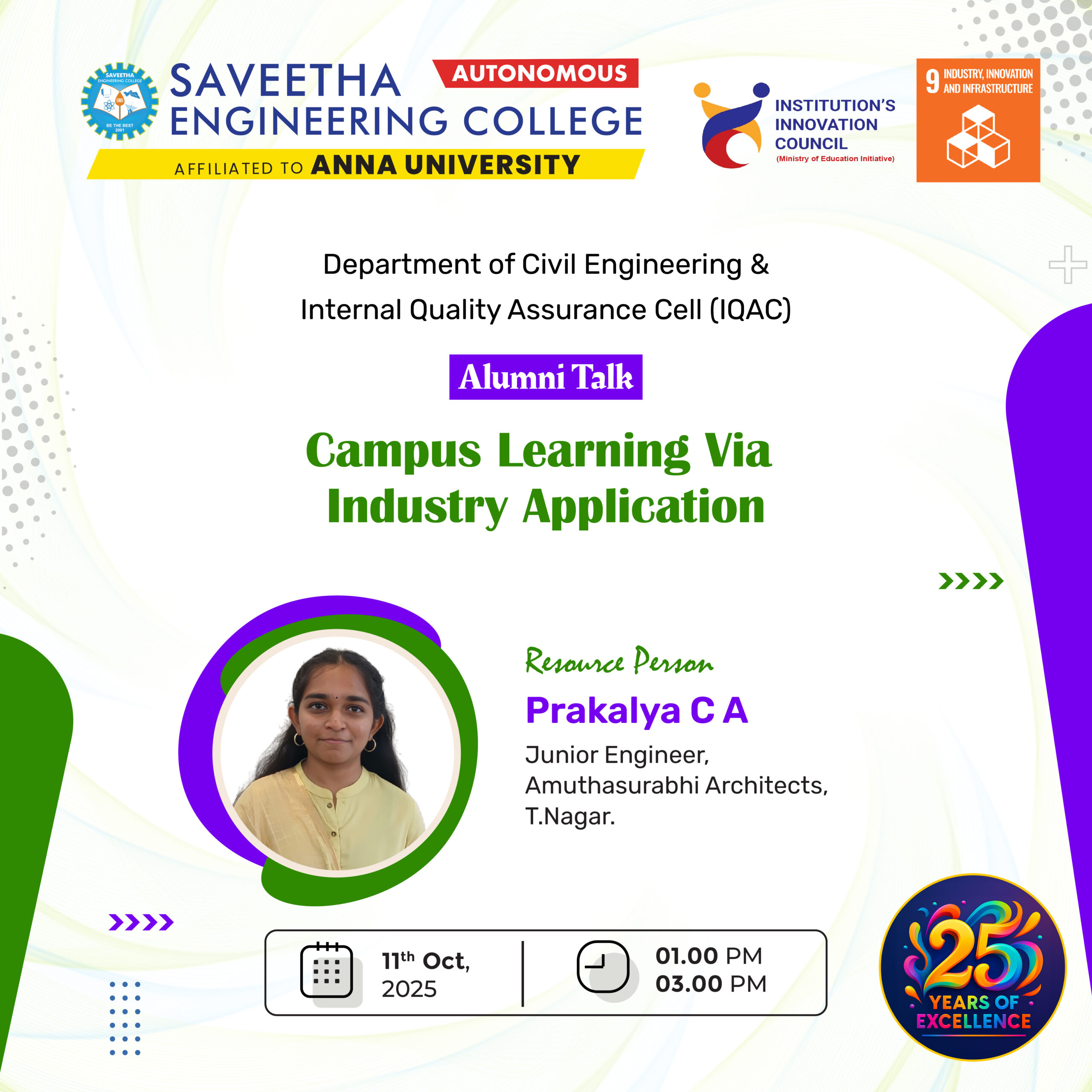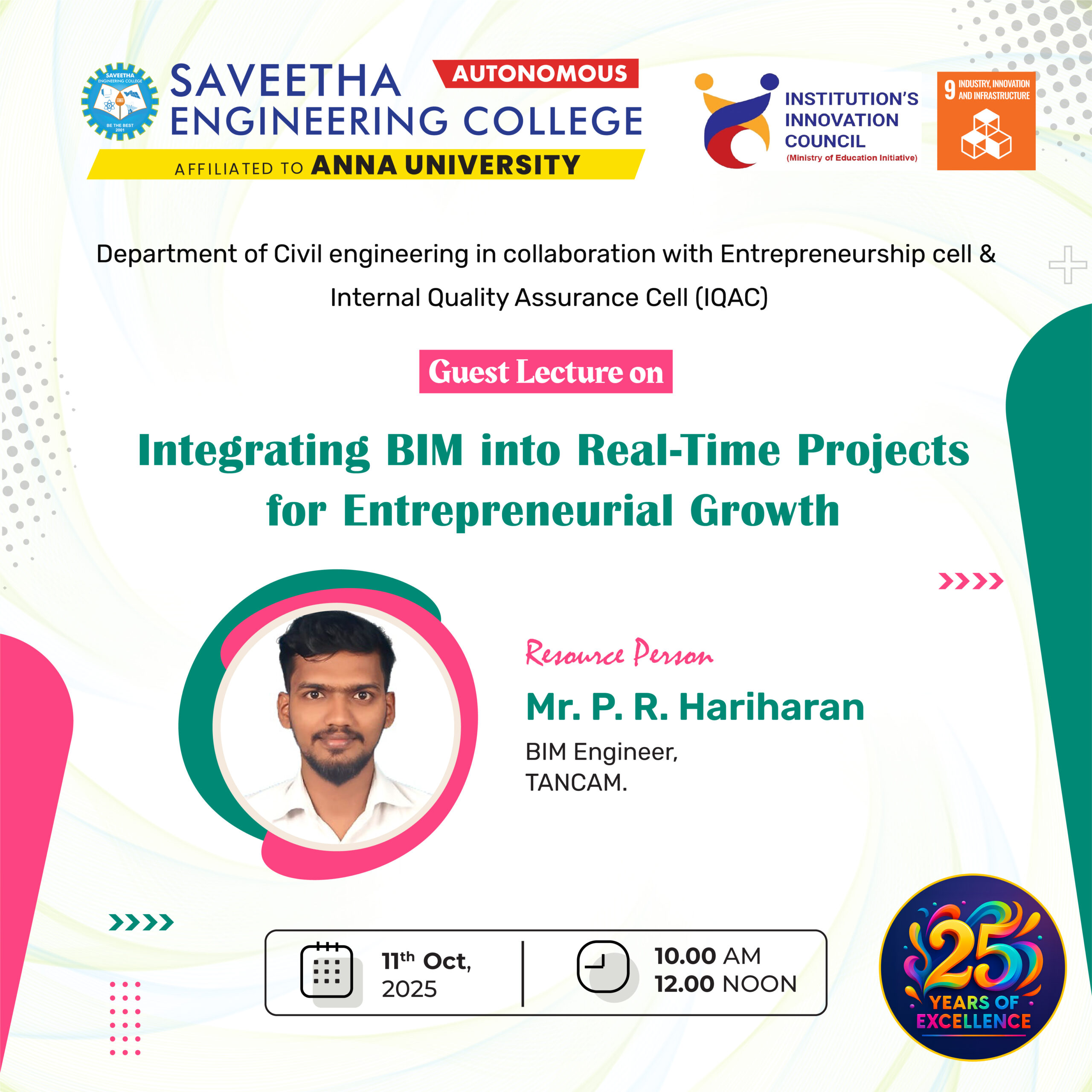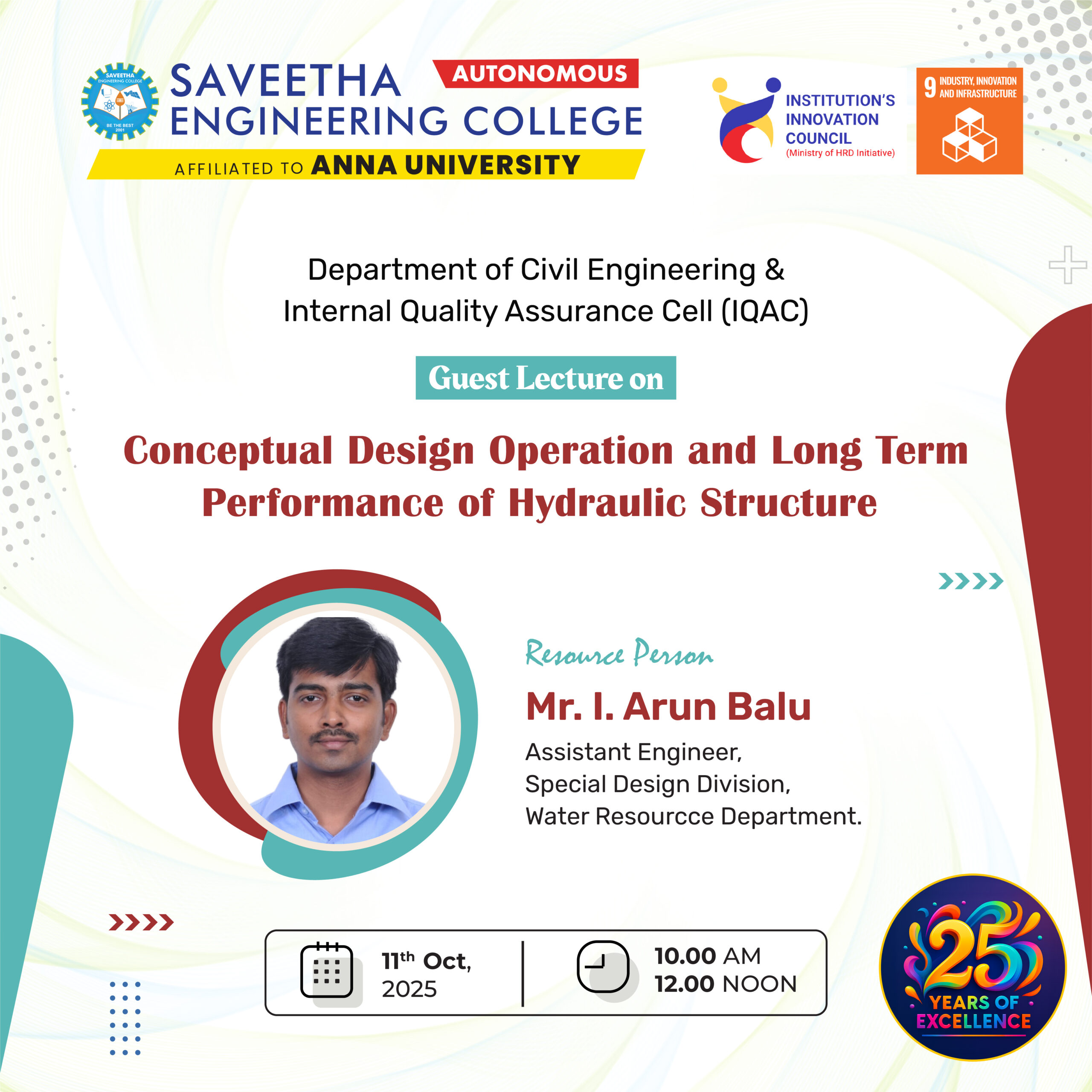About the Department
The Department of Civil Engineering was established in the year 2012 and has grown into a full-fledged department with specializations in all the major areas of Civil Engineering. The department has a team of sincere, dedicated, competent and experienced faculty with commitment to serve the college in achieving its goals. The Department is striving to foster a strong partnership with the industry to ensure relevancy in curricula and prepare our graduates for the market challenges of today and beyond. Most of our alumni hold senior positions in industries as well as in academic institutions, both in India and abroad. The high quality research work being pursued by the faculty and students is very evident from the large number of research papers being published in referred journals. In recognition of expertise and commitment in development of the department in developing new technologies, project proposals are being sent for the funded projects. As part of the academic plan, the department conducts International conferences, National conferences, Faculty Development Programs, Guest lectures, Seminars, Inplant training, Industrial visit and Internship training for student’s development, organised with industrial partnerships. Students of the department are highly enthusiastic and actively participate in various co-curricular and extracurricular activities apart from giving their best in academics. Furthermore, final year students are encouraged to undertake industry –based projects to address some of the problems and challenges faced by the local industries.
Key Features
- Adopts Industry based experiential learning from first year
- Enhances real-time learning by periodical site visits
- Develops creative solutions by practicing architecture-oriented civil engineering study
- Widen the horizon for adapting future technologies by inculcating programming skills for core courses
- Emulate Industry 5.0 ideology for producing employable manpower that delivers human-centric solutions
- Implements a technically and pedagogically competitive curriculum
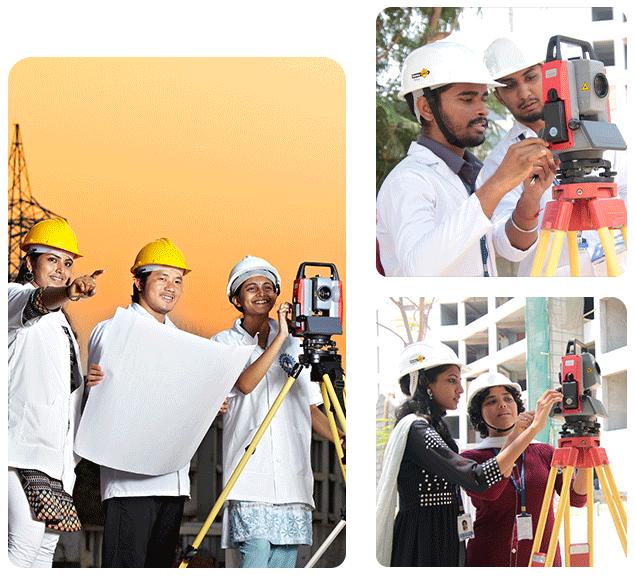
Placement Data

Centre of Excellence

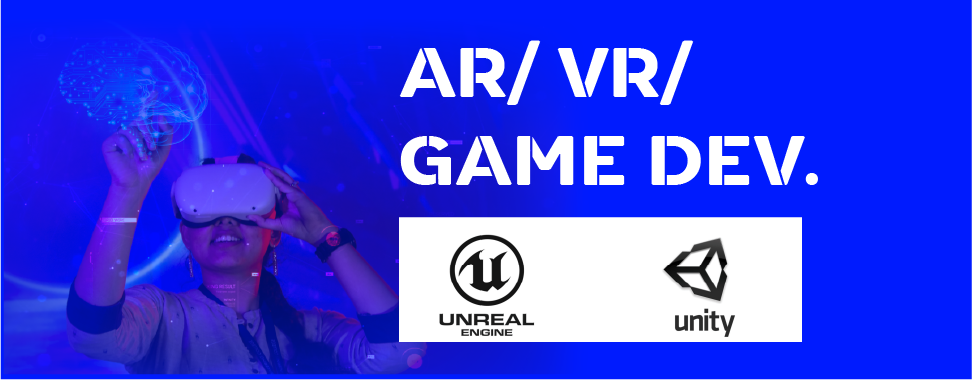

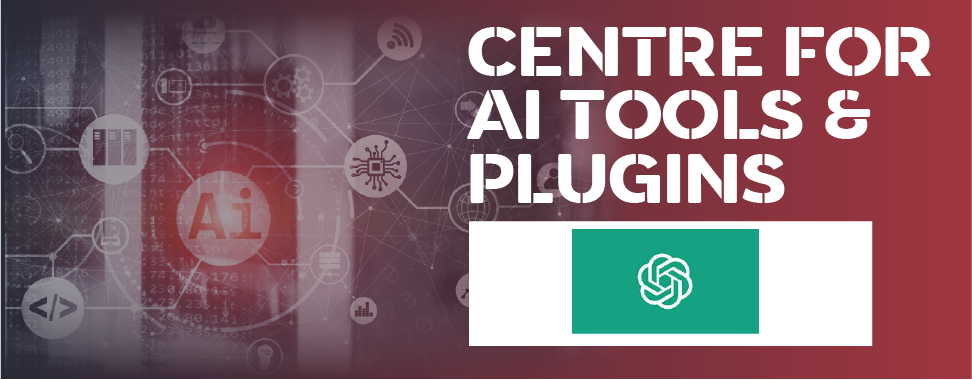
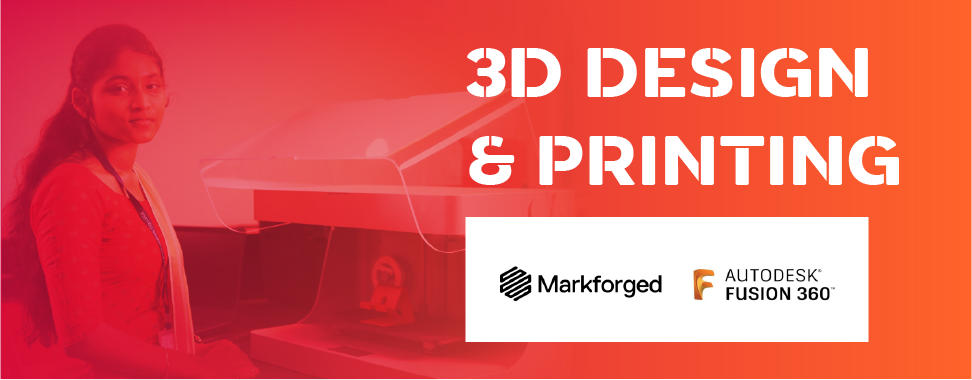
Eminent Alumni
News and Events
Campus Learning Via Industry Application
The Department of Civil Engineering organized an Alumni Talk on ‘Campus Learning Via Industry Application’ on 11.10.2025. Prakalya C A,
Integrating BIM into Real-Time Projects for Entrepreneurial Growth
The guest lecture titled ‘Integrating BIM into Real-Time Projects for Entrepreneurial Growth’ was conducted on 11.10.2025. Mr.Hariharan, BIM structural Engineer,
Conceptual Design Operation and Long Term Performance of Hydraulic Structure
A Guest lecture on ‘Conceptual Design Operation and Long Term Performance of Hydraulic Structure’ was organized by the Department of
VISION
To be an innovative space of excellence for developing pioneers in the field of Civil Engineering with social responsibility, environmental awareness and focus on globally relevant areas in research.
MISSION
M1. To develop professional and ethical skills through quality education for promoting research and consultancy that is beneficial to the common society.
M2. To provide a dynamic learning environment that emphasizes communication, open ended design, problem solving skills, leadership skills and team work.
M3. To outreach various sectors of society through interdisciplinary approach for addressing environmental issues.
M4. To provide essential knowledge and skill to the students and enhance their employability and entrepreneurial capabilities.
PROGRAMME EDUCATIONAL OBJECTIVES (PEOs)
PEO1. To provide the students with a sound foundation in mathematical, scientific and engineering fundamentals necessary to formulate, solve and analyze engineering problems and to prepare them for graduate studies.
PEO2. To promote the students to work collaboratively on multi-disciplinary projects and make them engage in life-long learning process throughout their professional life.
PEO3. To develop confidence and ability among the students to synthesize data and technical concepts and thereby applying them in real world problems.
PEO4. To prepare the students for successful careers in field of Civil Engineering in such a way that they meet the needs of Indian and multinational companies.
PEO5. To motivate the students to focus on research and development and industry interaction for developing sustainable Infrastructure for the betterment of the society.
PROGRAMME OUTCOMES (POs)
- Engineering Knowledge: Apply the Mathematical knowledge and the basics of Science and Engineering to solve the problems pertaining to Electronics and Instrumentation Engineering.
- Program analysis: Identify and formulate Instrumentation Engineering problems from research literature and be able to analyze the problem using first principles of Mathematics and Engineering Sciences.
- Design/development of Solutions: Come out with solutions for the complex problems and to design system components or process that fulfill the particular needs taking into account public health and safety and the social, cultural and environmental issues.
- Conduct investigations of complex problems: Draw well-founded conclusions applying the knowledge acquired from research and research methods including design of experiments, analysis and interpretation of data and synthesis of information and to arrive at significant conclusion.
- Modern tool usage: Form, select and apply relevant techniques, resources and Engineering and IT tools for Engineering activities like electronic prototyping, modeling and control of systems/processes and also being conscious of the limitations.
- The engineer and society: Understand the role and responsibility of the Professional Instrumentation Engineer and to assess societal, health, safety issues based on the reasoning received from the contextual knowledge.
- Environment and Sustainability: Be aware of the impact of professional Engineering solutions in societal and environmental contexts and exhibit the knowledge and the need for sustainable Development.
- Ethics: Apply the principles of Professional Ethics to adhere to the norms of the engineering practice and to discharge ethical responsibilities.
- Individual and team work: Function actively and efficiently as an individual or a member/leader of different teams and multidisciplinary projects.
- Communication: Communicate efficiently the engineering facts with a wide range of engineering community and others, to understand and prepare reports and design documents; to make effective presentations and to frame and follow instructions.
- Project management and finance: Demonstrate the acquisition of the body of engineering knowledge and insight and Management Principles and to apply them as member / leader in teams and multidisciplinary environments.
- Life-long learning: Recognize the need for self and life-long learning, keeping pace with technological challenges in the broadest sense.
PROGRAMME SPECIFIC OUTCOMES (PSOs)
PSO1: Integrated Civil Engineering Expertise
Graduates will blend Civil Engineering knowledge with innovation for sustainable infrastructure, demonstrating critical analysis across diverse contexts
PSO2: Advanced Analytical and Technological Proficiency in Civil Engineering
Graduates will solve complex Civil Engineering problems using advanced tools and technologies, preparing them for both competitive exams and real-world challenges.
PSO3: Holistic Civil Engineering Design and Implementation
Graduates will excel in creating and executing Civil Engineering solutions that are technically sound, cost-effective, eco-friendly, and socially responsible, using modern collaborative technologies.

